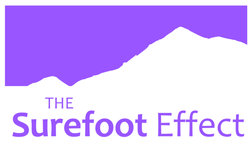|
In February and March, Liz, Tony and Pam delivered Conflict Management and Facilitation Training for Nature Scot. We bid for and won the work in January and pulled in support on Non Violent Communication and Convergent Facilitation to tailor our long-proven facilitation training offering to meet the need. After the first training was delivered to a group in Great Glen House in Inverness, we spent time with the coordinators to refine the offering based on feedback received. The second training at Battleby in Perth saw us move the training to a place where we supported the participants to design and deliver their own practice sessions to further focus their learning experience.
Some feedback from participants: “The final discussions we had really brought it all together for me and made me feel like I did, in actual fact, now have skills and a kind of toolkit for facilitation & managing challenging behaviour.” “I enjoyed the concept of sitting in a circle when working with smaller groups - it's something I would have never thought of doing but it immediately makes participants more at ease when we're all sitting together rather than a "classroom" style approach with the facilitator standing at the front talking down to others.” “The idea of generating a list of group rules or a group agreement is something I will use in future meetings as it provides a reference point to draw people's attention to should the meeting start to go astray.” If you are interested in facilitation training for your group or organisation, please contact us on [email protected].
0 Comments
Through the HeatHack project, engineers and communities get together to identify and plan actions to save energy in community buildings - to reduce carbon footprints and costs. Interviews with volunteers involved in the programme show that it takes dedication, effort and patience to carry out plans – but also, by coming together, communities grow in strength as they learn about and take environmentally friendly action. Participants have pointed out the game in the programme as a fun and valuable element in the training. Saving energy in community buildings
Surefoot hosted the HeatHack programme, which is supported by an Ingenious Public Engagement Award from the Royal Academy of Engineering. The programme has just been evaluated, and a bid for further funding is on its way. The programme is free to non-profit community groups and you can still apply via HeatHack’s website; also if you are an engineer interested in volunteering. The HeatHack Guide Book offers links to all publicly available materials. In the programme, HeatHack’s volunteer engineers work with churches and community groups to help them understand basic principles in thermal modelling and apply them to their own building spaces. The programme combines technical learning and engineering investigation of the premises and heating and ventilation systems with Surefoot’s hallmark facilitation approach. Under the leader’s/facilitator’s and engineers’ guidance, each group completes four two-hour exercises in their buildings. More than 100 small group sessions have been conducted and 32 engineers have been involved. Working with energy optimising is more of a journey than a quick fix that solves all problems at once. By speaking with participants from the programme, we witness both the benefits and challenges that community groups face as they build a new resilient path forward. Tailored support, engagement and persistent efforts are key Surefoot has conducted a series of online interviews with nine people to get insights into their experience. The programme has been emphasised by several participants as a useful way to get started. As one participant said, “It's a good programme to get started, to get local people involved and to reflect. It was good not only to work with generic knowledge on topics about energy, but to work specific on the site - the specific building.” (Community participant). One person who led the group though the four sessions, mentioned time as a challenging factor, “The time to spend on it. The leader role was surprisingly bigger than expected.” But as the interview continues, it's clear that the hard work paid off, “What worked especially well in the HeatHack program was that it takes into consideration how different groups of people use the space.” Several interviewees highlighted the benefits of getting to know their building better and tools to support energy optimising. As an engineer describes, “The programme provided a better understanding about how the building is heated, and how to control the different parameters. For example, it’s now possible for one person with his or her computer to find out the best setting for the heating system depending on the weather conditions outside the building. It gives individual control.” This reaches into rescheduling activities to help with optimising the heating, “Before, the heating could be on from 2:30 pm to midnight on a Saturday, or cleaning could be spread over four days and therefore require heating all the days, which can now be organised to be cleaned all in one single weekday, and therefore the heating can be lower on days where it’s not in use.” Although all the programme’s materials are online for any groups to use, the volunteer engineers were essential for success, so much so that the Scottish Episcopal Church, which is committed to running the programme with their churches in future, would like the use of engineers to continue. A community participant explains the benefit of working with an engineer, “The group of four participants and the engineer worked very well. It was priceless to have a qualified engineer aboard who joined with his expertise and independence, and that he participated as someone not related to the hall.” An interview with two members of a community illustrates the various elements that influence the work, “The good news is that we have met immediate enthusiasm to move forward in the group. As we looked at in HeatHack session 4, we aim to engage people around potentially installing solar panels – however this is also a conservation issue in a listed building” The other community group member continued on the subject, “I’m less worried about the solar panels. My biggest concern is the management group, it’s not only about how much it costs. It’s about doing the right thing for the planet. That we share values and voices. One challenge is that we work in smaller groups with different targets, and less across different areas.” Engagement is a crucial factor, as an interviewee stated, “Activities are depending on staff and team capacity. Funding could be helpful.” As one engineer also explained, it’s crucial that others within the organisation get involved in order for the next steps to happen, “We did not have easy wins. The easy parts were either in place or they knew about it, for example thermostat control or draft control. These were also subjects we went through in the game. They (the group) need to look at and take action in the bigger picture. The group will bring topics to discuss with their board, also to gain finances for improvements.” Financial challenges have been an important topic for several participants, “We need money. Now, we mainly have money for the maintenance.” Another participant sums up typical challenges, “The usual challenges for many organisations: lack of time, resources, volunteers and funding.” Despite the challenges it has been possible to derive actions, for example, “There is someone organised to visit the building to assess the possibilities for connecting the old boiler to a control system, to regulate the heating better. This is a key element to move forward.” (Community member). At Surefoot we are impressed by the unwavering efforts and dedication the groups and engineers have put into the work. Most of all, we believe it’s important to get people together to find a surefooted way forward, as one participant also pointed out, “It has been useful to get core members together within the organisation to work on environmental improvements in the organisation’s old building.” As we say in Surefoot: a values-based transformational approach puts people at the heart. A community on the Isle of Raasay overcame differences and rekindled communication, allowing a path forward for their Carbon Neutral Island project, with the support of two bespoke Surefoot workshops. Based on a conversation with Tom Lusink from the island, we gained insight into how the community turned challenges into fuel to move forward on a sustainable path. Transformative steps In autumn 2023, Pam and Liz from Surefoot went to facilitate two bespoke workshops on the Isle of Raasay. The name of the island means Isle of the Roe Deer and is reachable by a short ferry journey from Isle of Skye. Tom Lusink, active citizen of the island, unfolds key steps on the journey that the community took during and after the two workshops. When talking with Tom, it is clear that he values and cares about his community, and wishes that everyone benefits from actions on the island. In a small community there are many different voices and opinions, so it’s important that people are listened to, but also that disagreements aren’t blocking the process and that actions are based on a respectful and positive approach, “It can be challenging to air ideas in front of others, but Pam and Liz brought a new workshop structure, an alternative to the familiar meeting structure. They listened to our unique situation and tailored their delivery to a fit right for us. The set-up of the sessions included work in smaller groups, and when conducted by people from outside the community, we could all meet on neutral ground. The session was focused around possibilities and solutions rather than barriers and obstacles,” explains Tom. A shared take-off to form goals and actions At the workshops, the community discussed and shared dreams for the future in smaller groups. This included space to explore specific topics together with the neutral facilitators. Tom adds, “It was much more uplifting, motivating and inspiring than I had hoped for. After the sessions, people have since started to open up more when we have met afterwards.” These two sessions were a starting point for the community to get united. They have now created a public discourse, and it has been a take off point for more doors to be opened, and it helps the community navigate further. They are now working on specific goals and actions for land and marine spaces, including improving the biodiversity and carbon sequestration - to become carbon neutral in 2040. Coming together! One of the best outcomes is that, despite differences across organisations and in the community, they agreed to cooperate going forward. Tom emphasises both the advantage of Surefoot’s workshops and the strength of the community on the island, “Beyond delivering singular beneficial sessions Pam and Liz demonstrated a framework that unlocks the solutions which are held within our community, but are often blocked. This is a framework we are now able to bring forward ourselves. The combination of great skills from the Surefoot facilitators and having the benefit of a strong community has been most satisfying.” At Surefoot, we wish the island a continued surefooted path forward! Can Surefoot help you? Do you wish to bring your community, organisation or company together and move forward with environmental positive actions? Read more about Surefoot’s bespoke sessions and/or get in contact with us. Text by Gazelle Buchholtz, Surefoot associate. Photos by Pam Candea, Surefoot founder and managing director. Over the years it has become common knowledge that green areas improve the quality of life. As the POSTnote Green Space and Health from Houses of Parliament states, “Areas with more accessible green space are associated with better mental and physical health.” At Surefoot, we support communities and individuals to let their connection with the rest of nature take root and strengthen via creative approaches. The physical natural spaces can have many shapes and features, there’s no right and wrong whether you connect to the wilderness or a potted plant in a windowsill. Wherever you are, we hope you find comfort in our supportive materials to open up your personal ways of connecting with nature, others and yourself. Texts, photos and paintings focusing on appreciating local nature are on display in the outdoors at Tentsmuir National Nature Reserve until the end of September 2023. Finding your words – to support yourself, others and the Earth During the summer we ran some online writing workshops ‘Writing for EARth.’ The workshops were supporting elements of Surefoot’s Eco Anxious Resilient (EAR) Peer Support project, to encourage people to write a text for the series A Daily Reading for Earth. We hope you’ll enjoy the series of short texts to inspire and help you take one day at a time in the climate and natural crises. The workshops illustrated the wonder and strength that arises when people come together to explore free range emotions, create meaning on paper and share fragments of their inner world when caring for the outer world. Comments from a couple of the participants: “I'm taking with me the strength and beauty of what others have shared with me to make me braver and feel less alone when I do.” “I appreciated the sense of connection and sharing, which was uplifting and inspiring.” Your stories about caring for Planet Earth could also help tackle the nature and climate emergencies. Authentic communication and creativity are among the most important tools we all have. “We are all storytellers. We all live in a network of stories. There isn’t a stronger connection between people than storytelling.” – Jimmy Neil Smith. If you would like to write a text (max. 380 words) for our collection Daily Reading for Earth on how to keep well in an age of climate and nature emergencies, please contact [email protected]. We plan to run more Writing for EARth workshops, so please keep an eye on our social media or let us know if you might be interested in attending: [email protected] Sharing is caring Inspired by feedback on our creative activities and on initiatives in our surroundings, we encourage you to take part in creative actions centred around nature. One way of capturing moments, thoughts and feelings in nature is via photos, and at Surefoot we’ll be happy to receive your photo(s) with a few lines about what each snapshot of places mean to you – how these nature elements affect you. We are convinced that such experiences can support others and give them a chance to feel connected whether it is to other people, places or resonate with oneself. Please send them to [email protected] and we will share them on our social media platforms, credited to you, or anonymously if you prefer. You might find other communities around you where you can benefit from art work about nature, and/or where you can contribute yourself. Gazelle, associate at Surefoot, created a piece ‘Sand dune walk’ to the Morton Lochs outdoor art exhibition at Tentsmuir National Nature Reserve, organised by NatureScot. Where do you find places to let your creativity unfold and share this with others? The contribution to the exhibition by Gazelle Buchholtz. Photo: Chris Steedman.
With Future Conversations workshops individuals and communities develop resilience to face current and future challenges in the society, to not only bounce back from adversity, but to grow stronger. Our Future Conversations workshops support the development of robust, flexible and healthy communities. With techniques and tools, participants learn to develop resilience and a sense of being strong and secure, equipping them to plan and act on sustainable solutions for now and for the future.
The first step at the Future Conversations workshops is for participants to share their hopes and fears for the future. Our role as facilitators from Surefoot, is to guide participants through inclusive ways to make group decisions and how to plan projects. Together with the participants we make a plan for the community. The goal is to move to a viable future where humans and nature are in balance. This method is also used when we support commercial organisations via our programme Net Zero for Teams. A central element in our sessions, is to bring people together and give them enough time and space to understand facts, urgency and importantly to build their resilience. We enjoy helping people and their communities to move into a beneficial future using our techniques, tried and tested over our 10+ year history. Future Conversations sessions include
Online sessions are also a possibility: Format: a programme in 6 sessions of 1.5 hrs using zoom calls, with a recommend group size of 10-20 people Taster: a 1.5 hour online or face-to-face workshop to give a flavour of the full programme, and enable people to decide if they wish to commit to Future Conversations. Even if this taster doesn't lead to a full set of Future Conversations, it helps people begin thinking about planning for the future, and the benefits of cultivating individual and community resilience. Would you like to know more about Future Conversations? Please get in touch with us at Surefoot, [email protected] On the global stage, people unite or stand up as individuals with the desire to create a just, sustainable and resilient world. On a societal level, market forces rather than the welfare of planet, people and other living beings are on the agenda and protected by legislation and regulations. The right to extract, process and consume resources - to keep the consumer wheels spinning - seems to run away with us. But people are standing up to demand a world outlined on the principles of nature, not economics. A long chain of actions is at play. Apolitical has listed the 100 Most Influential People in Climate 2022/23 and there exist diverse groups and organisations such as Artists for Climate, Climate Action 4 Jobs, Families for Climate, Fridays for Future, Grandparents for Climate Action Now and Scientists for Climate.
In historical retrospect, persistent rebellion is a known tool to improve human existence, for example labour conditions and the abolition of slavery. In some parts of the world conditions have bettered, in others they have not, and there are activists whose limbs and lives are lost when fighting for a better world. This also happens when protecting nature. Over 1,700 environmental activists killed in decade, states a BBC article and refers to a report from Global Witness. A sense of inadequacy and that I should be doing more, like the brave people who take up the fight against giant industries and governments, creeps into my comfortable home in my safe life. I remind myself that there are numerous other things to do. Since we all need to eat, people have tremendous power with the shopping basket. Supermarkets fill their shelves with demands and what they are used to selling. We have the power to change their habits with ours. Steering clear of meat, products with palm oil, and overly processed foods which have been on a long journey. Instead, aiming for plant based, locally, fresh, raw food. We also have power over other types of purchases: thinking hard about our travel choices and our non-food purchases. With focused attention, as little it might seem, we can support what we wish to see grow out of the crisis. May everyday activism make gentle, insisting waves rippling out as broader efforts towards a caring world. Text by Gazelle Buchholtz, Surefoot associate APPLY NOW! Do you want to improve energy efficiency, thermal comfort AND move to net zero in your community space? HeatHack and The Surefoot Effect are offering a programme for community groups to help plan for the futures of their churches, halls and community centres.
Tackling heat loss and energy efficiency in community buildings, Surefoot working in collaboration with HeatHack is delighted to announce confirmation of an Ingenious Public Engagement Award from the Royal Academy of Engineering. For this project, a small team of people from across Surefoot and HeatHack will be working together to deliver a programme to help UK-based churches and community buildings to understand what a net zero future means for their premises. It will help them not just understand energy efficiency and thermal comfort in difficult buildings, but also to think about how their buildings should be used in their local contexts and how to make this change happen. Groups will emerge from the process with a shared vision, the knowledge and confidence to work well with architects, heating engineers and other professionals, and the evidence of community need that grant funders require. APPLY NOW! We are recruiting community groups and volunteer engineers NOW for sessions starting September – December 2022. Find out more and apply >> More about the programme Key elements
Please contact [email protected] to arrange a conversation about how you can get involved, if you would like to participate either by forming a group or as an assisting engineer. The project is funded by Royal Academy of Engineering Ingenious programme. As part of tackling climate change Scotland has set a goal of becoming Net Zero by 2045. Net Zero can sound technical and seem an abstract goal. We will reach Net Zero when the amount of greenhouse gas emissions we put into the atmosphere are equal to the amount we take out of the atmosphere. In short, aiming for Net Zero is about engaging in climate friendly activities - which often are not only healthy for people and planet, but also for the economy, for example when saving energy in your organisation. Our programme Net Zero for Teams will support your journey towards Net Zero.
Net Zero for Teams in your organisation Starting or accelerating your transition to a carbon neutral business may seem daunting. What does operating as a Net Zero business look like for your organisation? Rest assured, with Surefoot’s Net Zero for Teams, your decision-making and transition will be quicker, smoother and more straightforward than you think. As with all successful strategies for change, it starts with you and your team using your expertise to decide what is right for your organisation. How it works Surefoot’s Net Zero for Teams workshops are a mix of information sharing, identifying areas for change and an exploration of possible solutions. In between the workshops, Surefoot supports your team to help finalise the actions needed to achieve their chosen objectives. See more here. Please contact us if you would like to know more. Our first workshops of the year is about fostering resilience for a flourishing life, community, and the places where we live and enjoy.
You might already have experienced our resilience building workshops during 2021. Whether you have already participated or not, you are most welcome to join the next pair of workshops in February. The workshops are free but please sign up via Eventbrite: Anchoring Communities and Organisations in Resilience in February. At the workshop we will work with resilience tools as: - Compass of Resilience - Time Banking - Community Land Trust The workshops are part of the project Breakthrough for Resilience: People, Places and Communities. To build a better future we need to build a better present! These are wise words, but how can we make a better “present” without having the right conversations? Image credit: www.unsplash.com Are you talking about climate change in your business? Perhaps it’s been kicked down the agenda in favour of growth strategies or commercial processes; if so, it’s time to re-think your priorities. The effects of climate change are becoming more obvious every year and it’s affecting local and global communities. People, nations, and businesses must adapt to survive.
What is Net Zero and why do we need it? We are living in the Anthropocene, an epoch of earth characterised by the dominance of humans on the planet. Humans have impacted the planet significantly, changing the landscapes dramatically and increasing the presence of poisonous gases in the atmosphere. Human existence is only possible because the earth absorbed these poisonous gases and trapped them underground making photosynthesis possible and therefore oxygen. Today, industrial activity is releasing these gases into the air. Find out more with Carbon Conversations. How can I make my business sustainable? At one time (not too long ago) commerce was all about growth, but that was before the realities of climate change started to take effect. Now businesses and customers realise the importance of long term strategies that limit carbon output to Net Zero while maintaining productivity. Commercial sustainability is the path to Net Zero and a carbon-neutral planet - that is a planet that does not produce more carbon than it can absorb. Every person and business has a part to play but it isn’t always straightforward. Learn how to meet Net Zero targets at The Surefoot Effect. How can we overcome eco-anxiety? Eco anxiety refers to the feeling of fear we get concerning environmental destruction and our societies of the future. Eco anxiety can affect people on a personal level, but it can also affect companies - how is it possible to plan for the future when it is so uncertain and perilous? There’s good news! Although eco-anxiety can make us feel powerless, one of the best ways to cope is to take positive action. Understanding the theory behind eco-anxiety and teaching practices to alleviate this is what The Surefoot Effect does best - see their Resilience Workshops. What is a company’s “climate shadow”? Much is made for our carbon footprints nowadays, everyone is encouraged to calculate how much carbon they use in their daily lives and to make changes to reduce that number; while this practice is admirable on a personal level it is somewhat misleading and doesn’t go far enough. The carbon footprint was thought up by major oil companies and directs attention away from the real problem. The “climate shadow” is a more useful idea, it reclaims the language of climate change and offers a more holistic measure of carbon consumption for people and companies. The Surefoot Effect The Surefoot Effect works with communities and businesses on a range of climate change issues. Through workshops, courses, mentoring, and team engagement, you can learn how to equip your business to meet the challenges of climate change. The challenges are both psychological and practical, but they require the right conversations to build a better future. By James Bollen James Bollen is a digital writer and content creator. He writes articles and blogs in a wide range of niches including business and technology but has a particular interest in conscious living practices, nature appreciation, and creative pursuits. He lives in Glasgow with his partner and sibling cats, Hansel and Gretel. |
�
AboutHere’s a collection of some of our articles which have been in our newsletters or published elsewhere.
Archives
May 2024
|
Sign up TO SUREFOOT NEWS >>The Surefoot Effect equips people, communities and organisations with skills for sustainability and resilience.
|

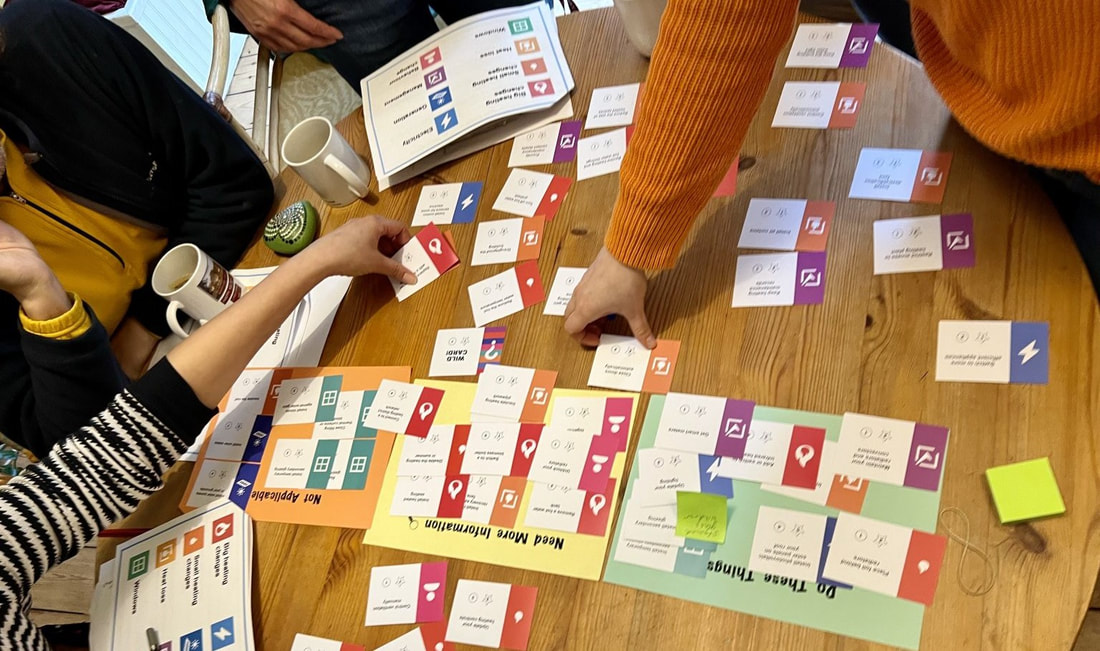

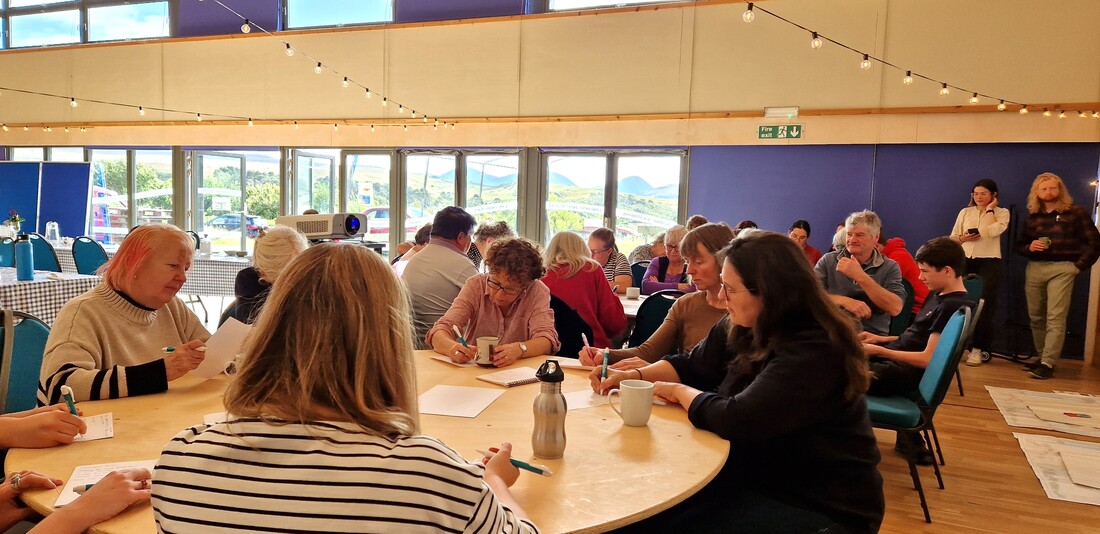
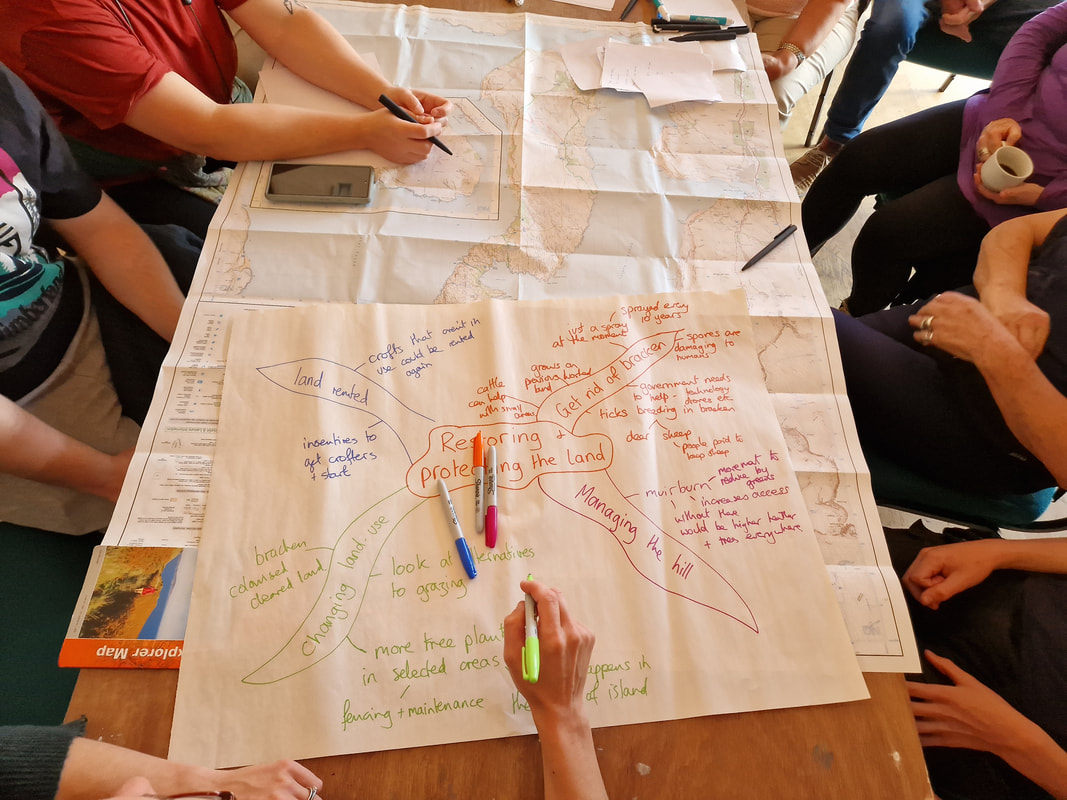
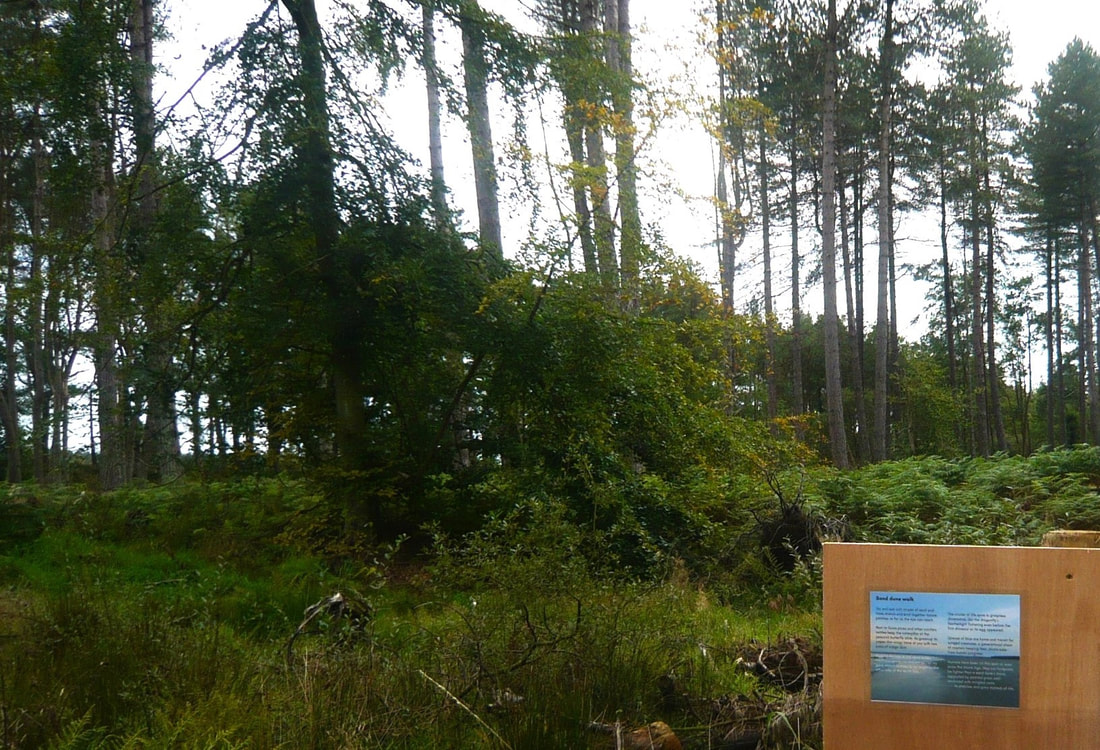
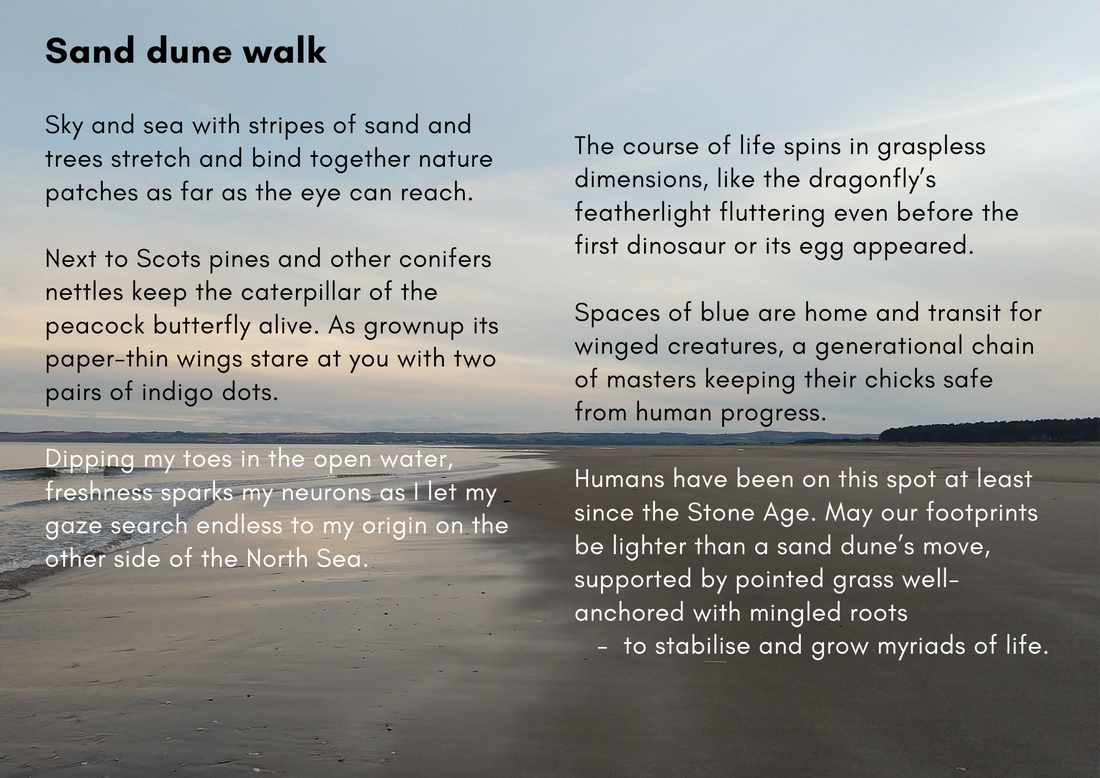
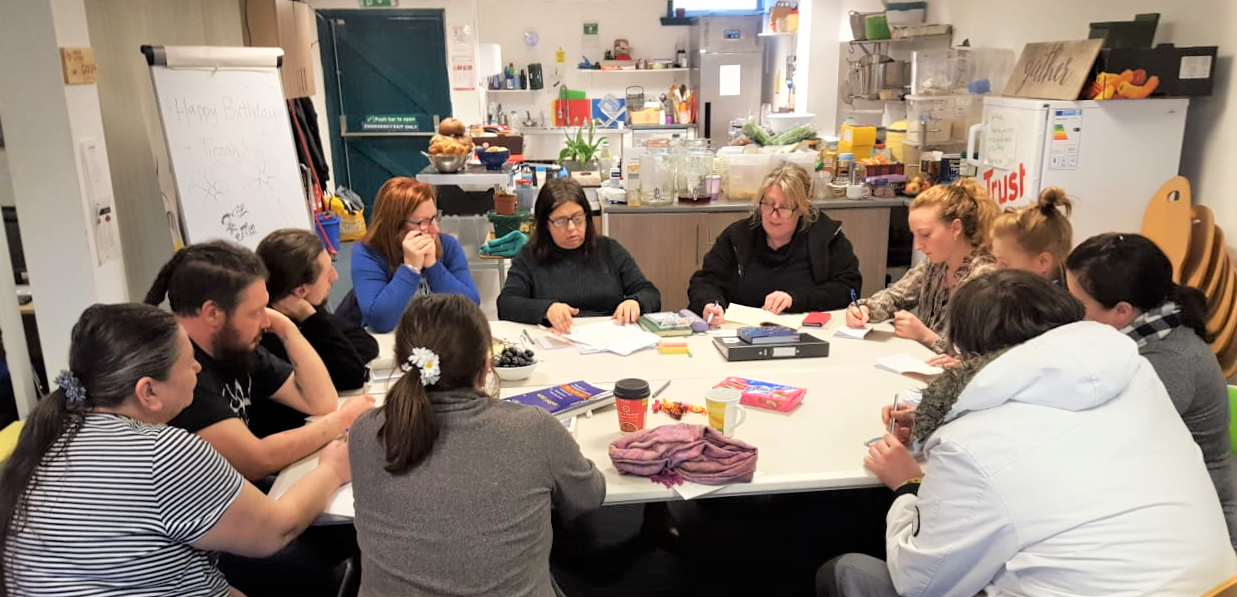
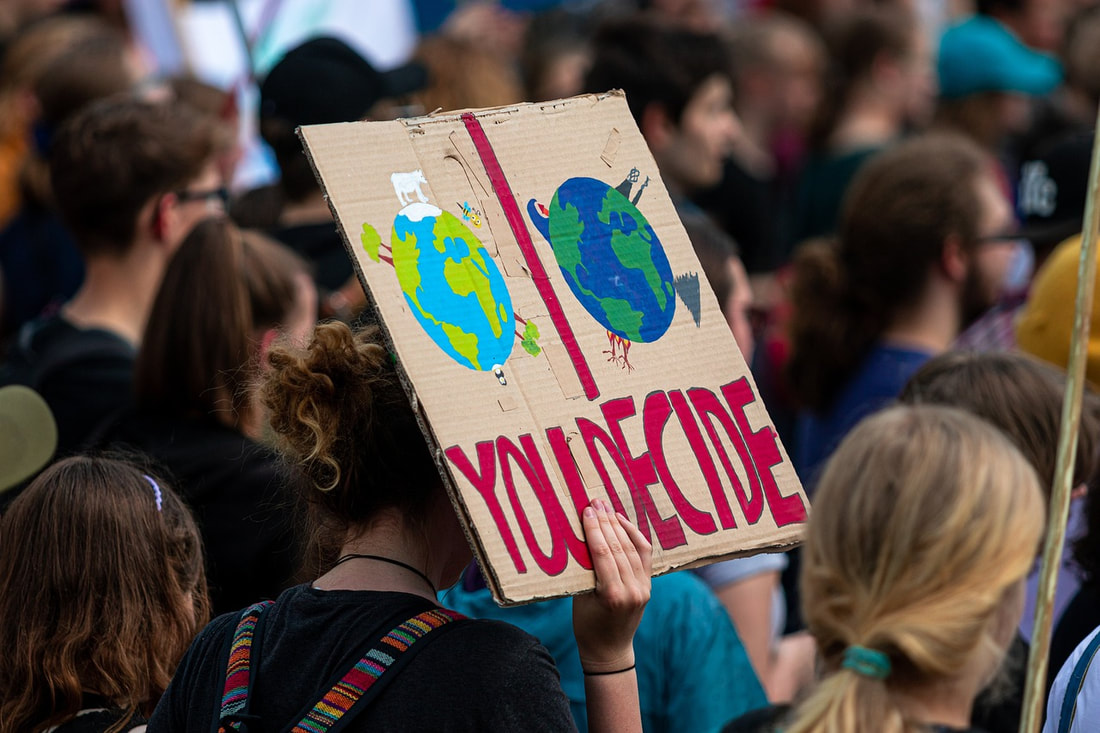
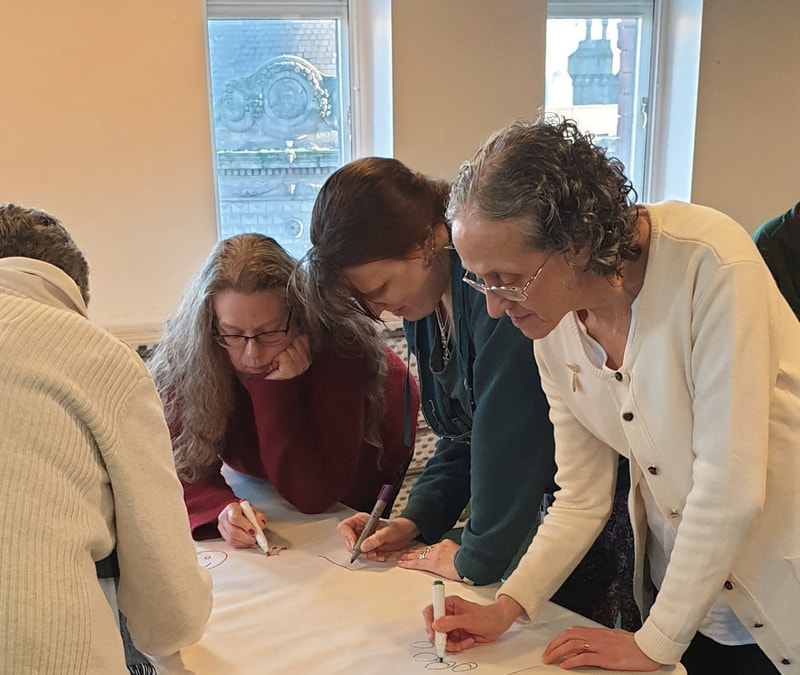
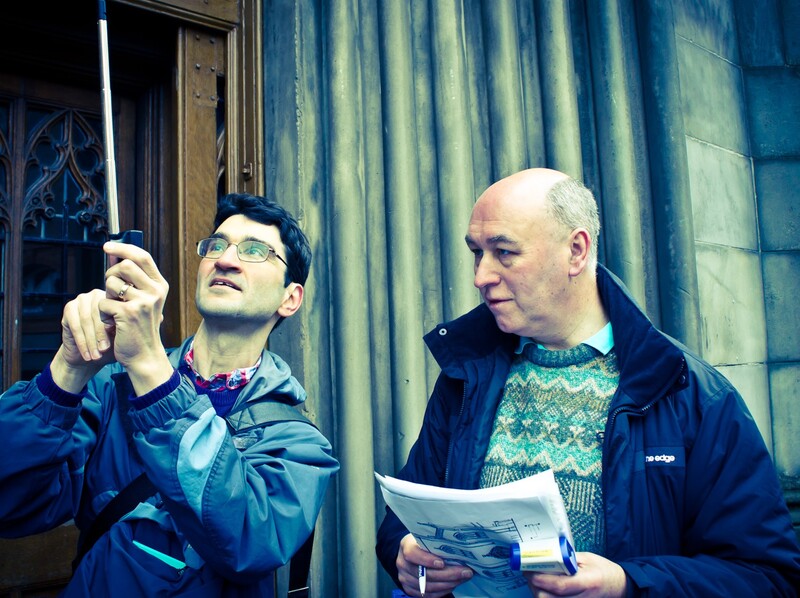
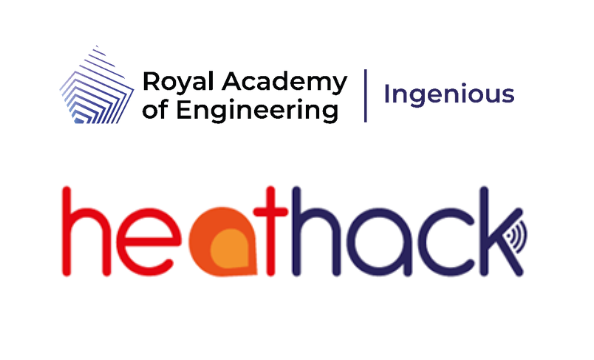

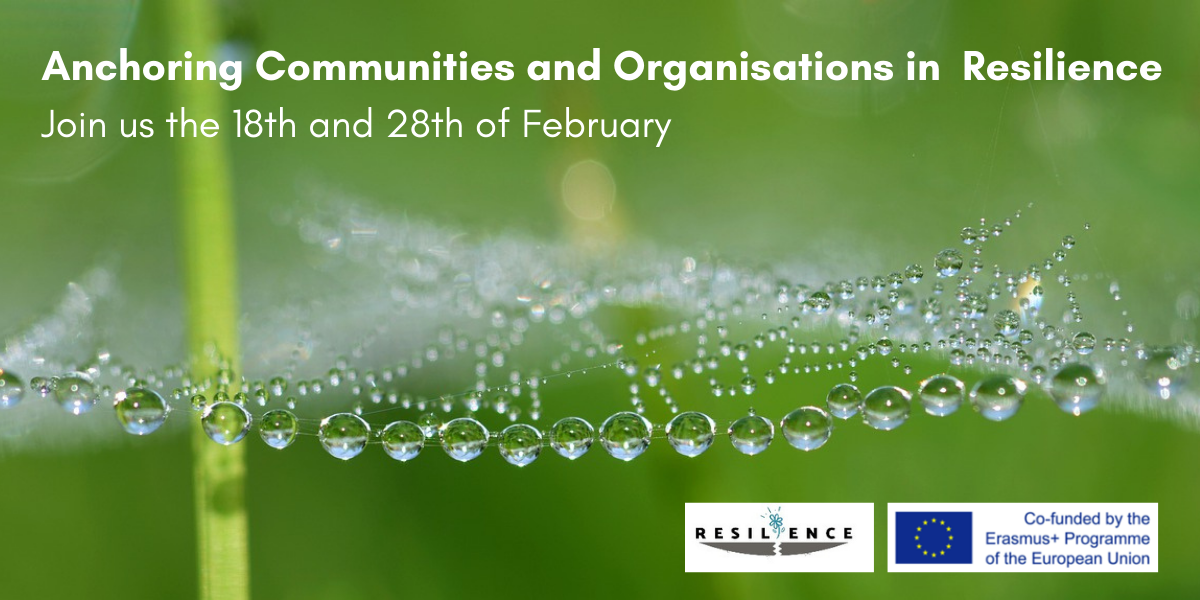
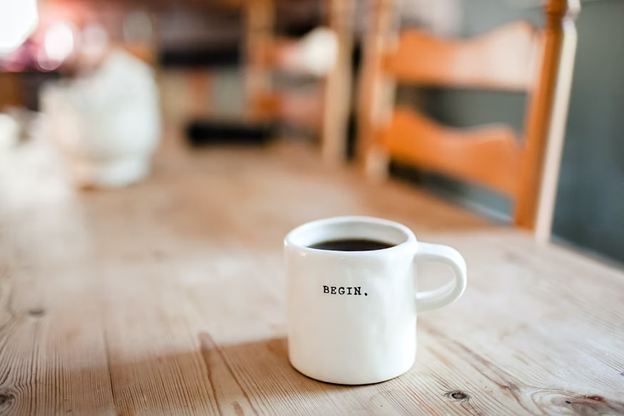
 RSS Feed
RSS Feed
